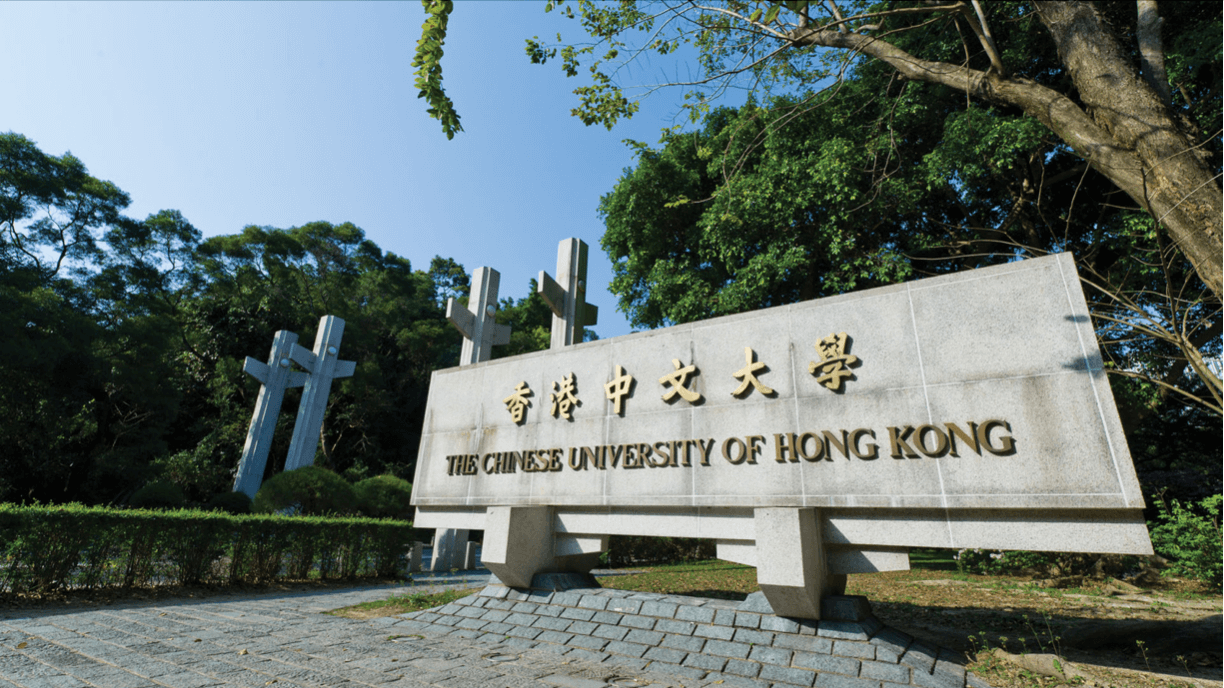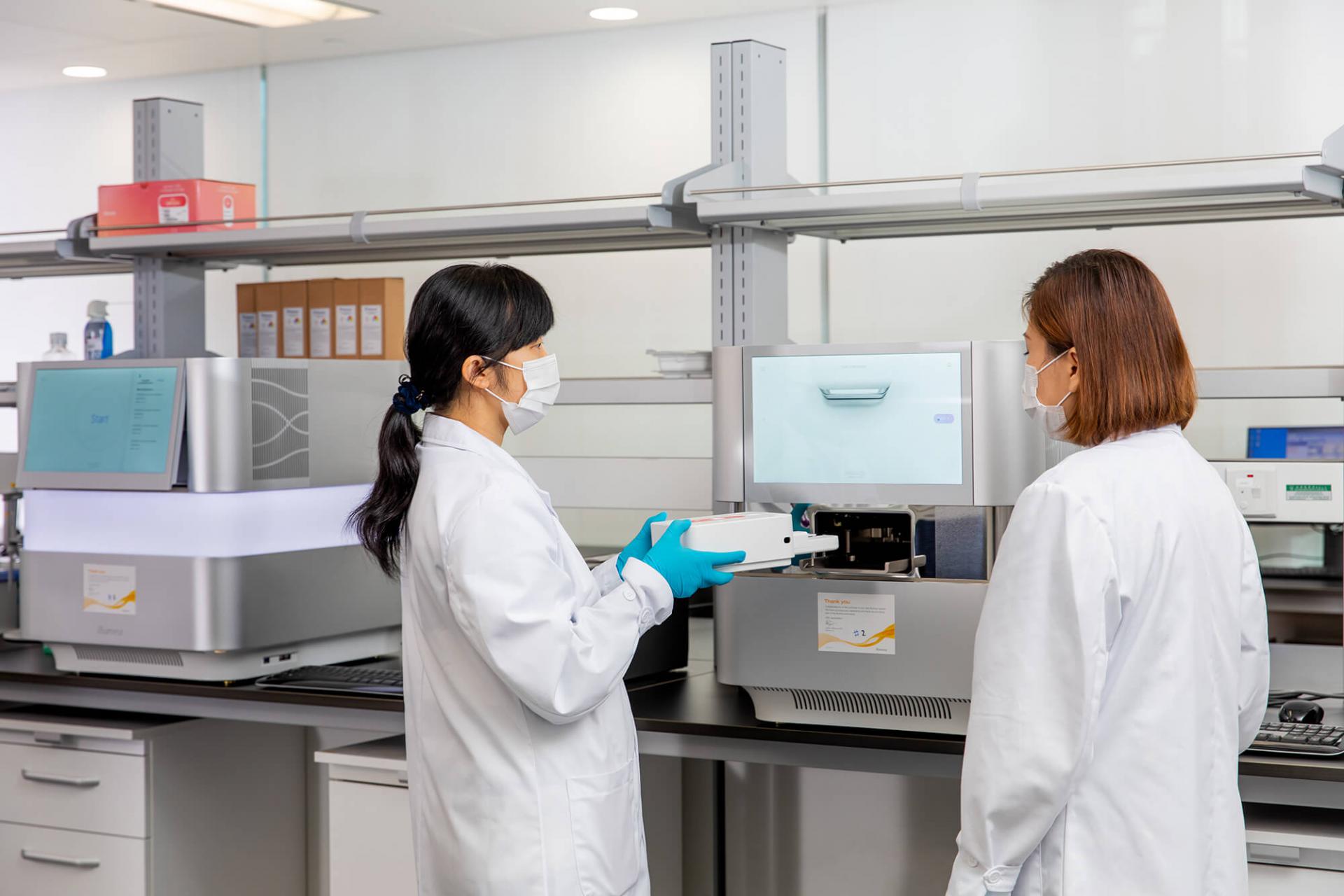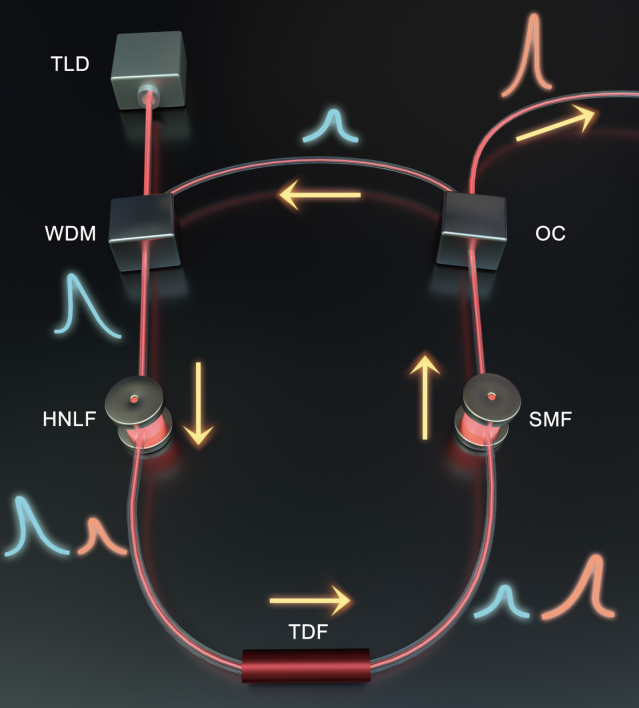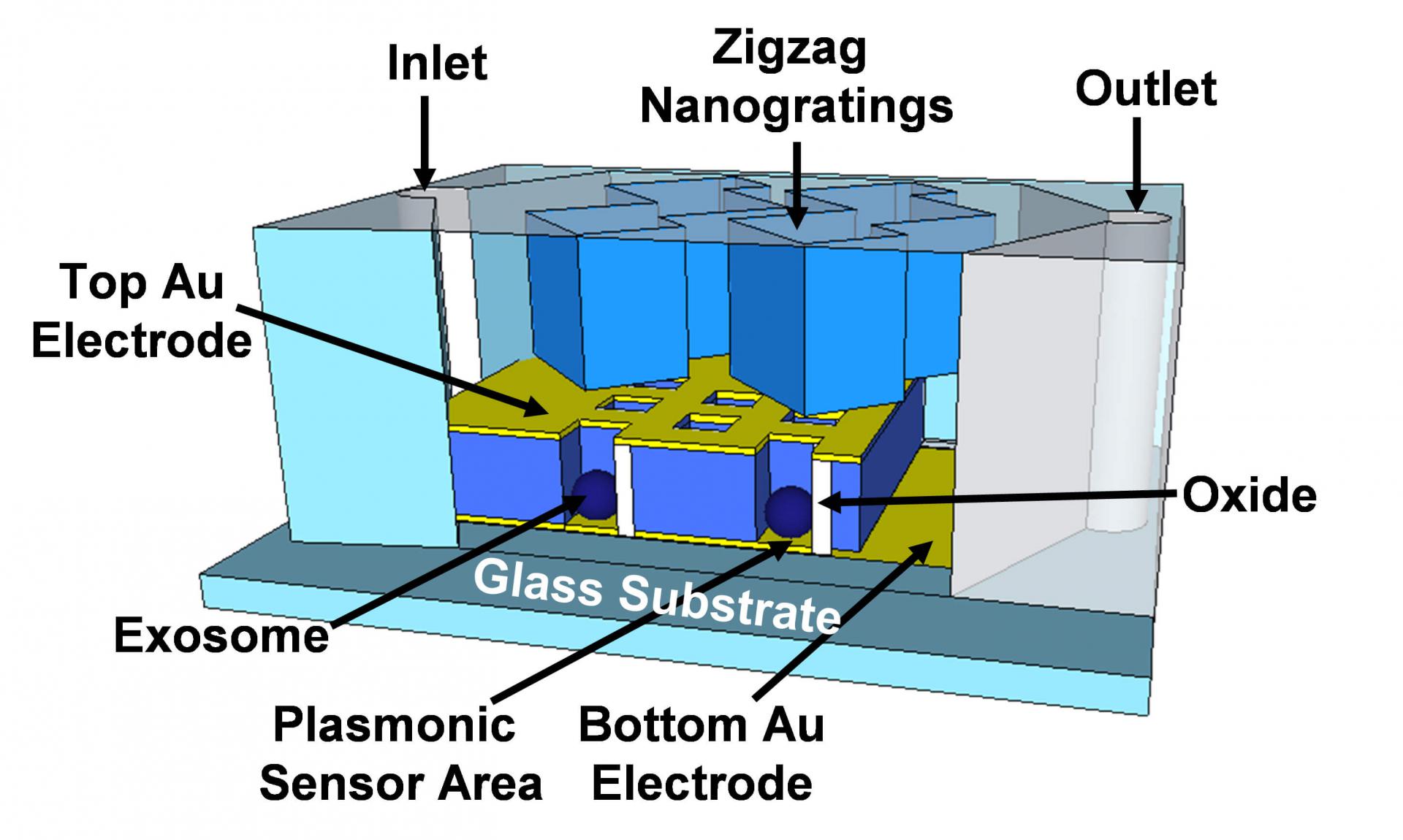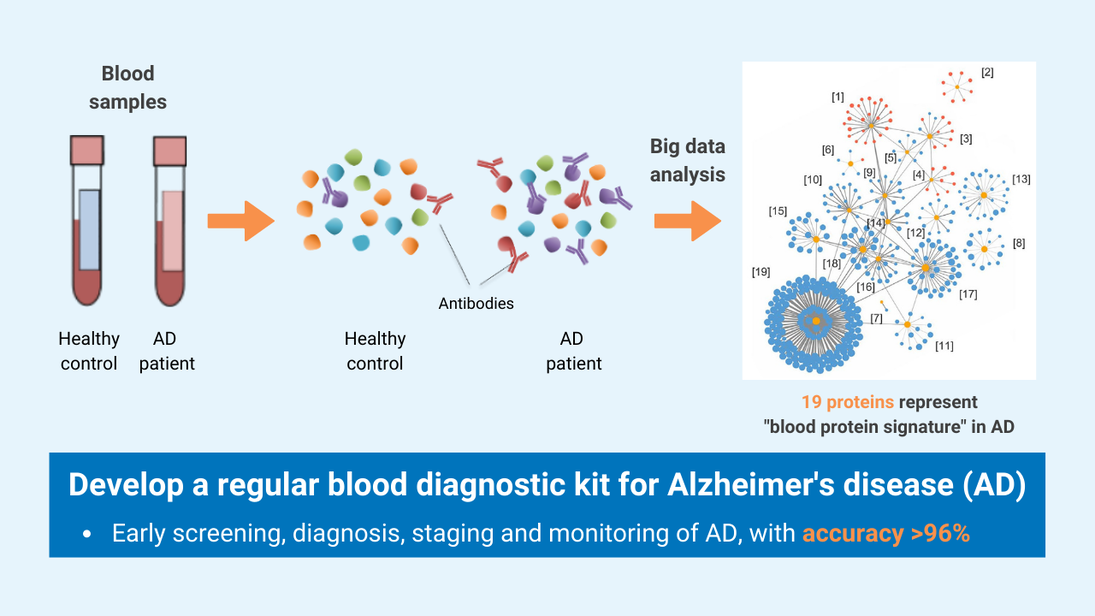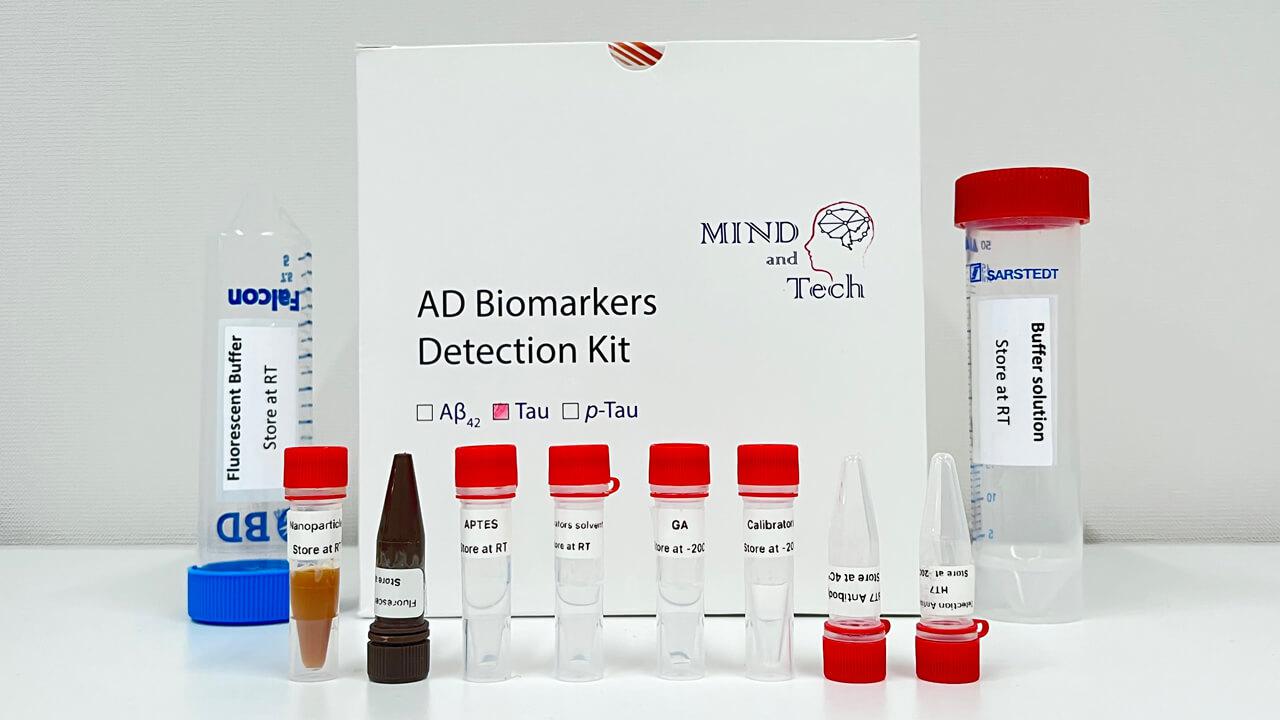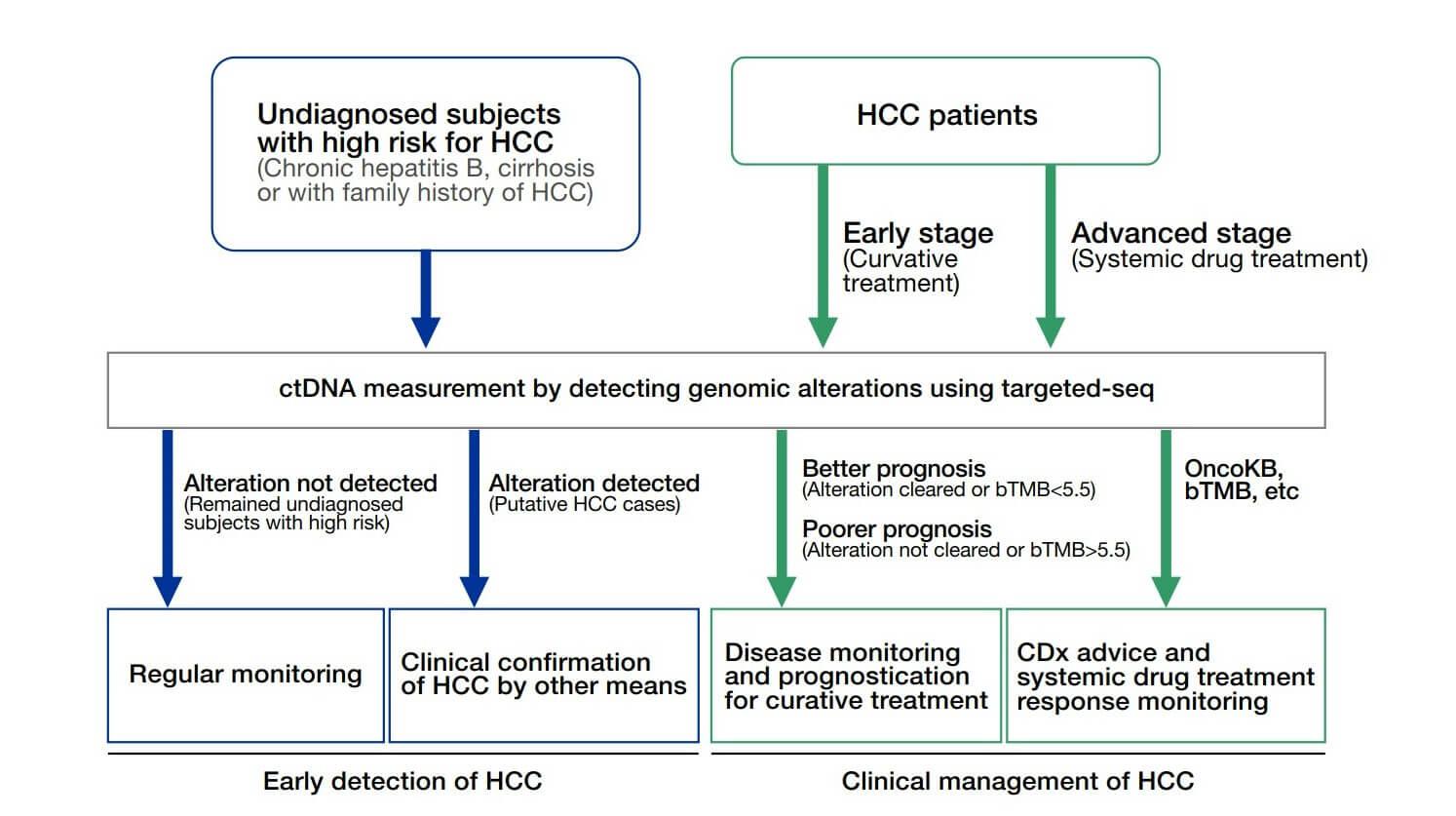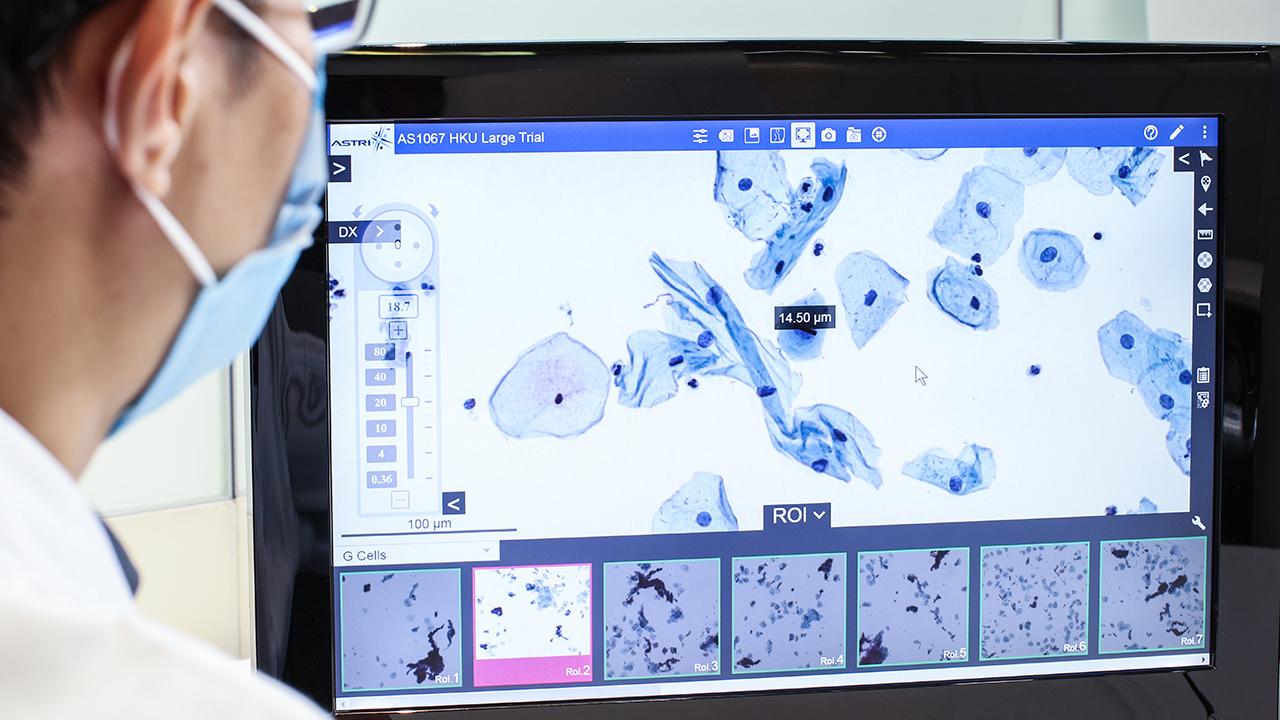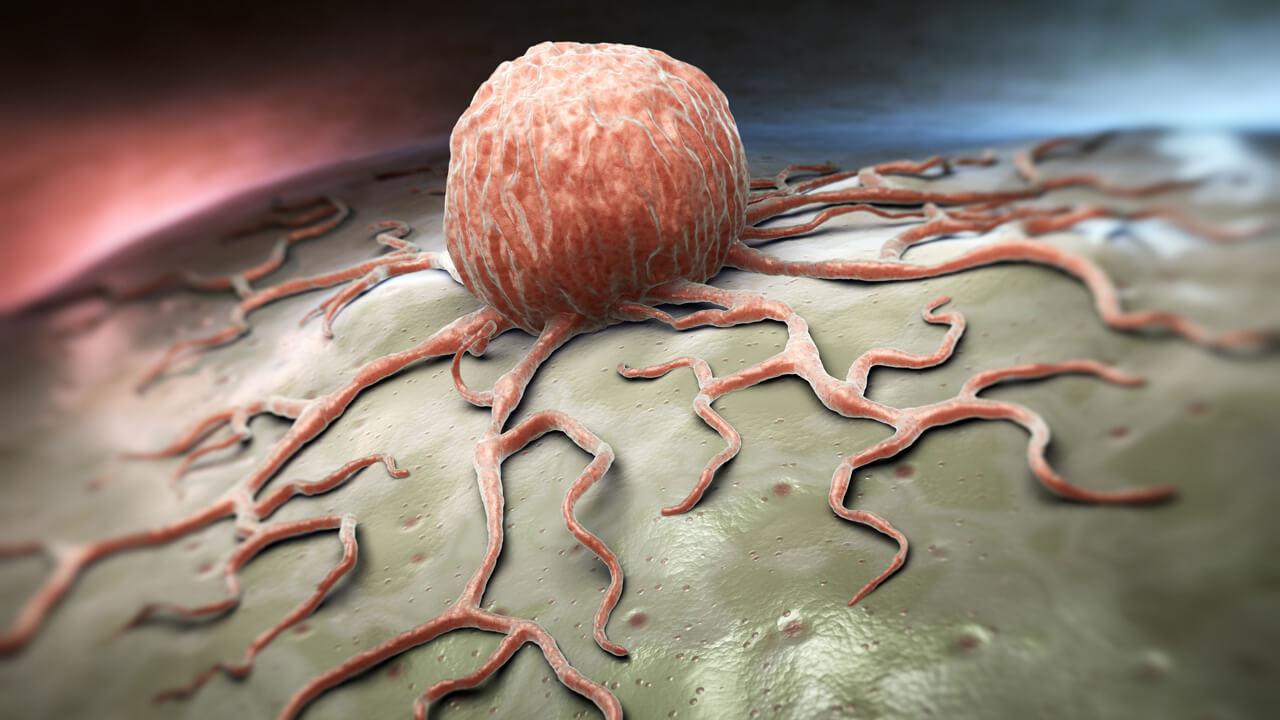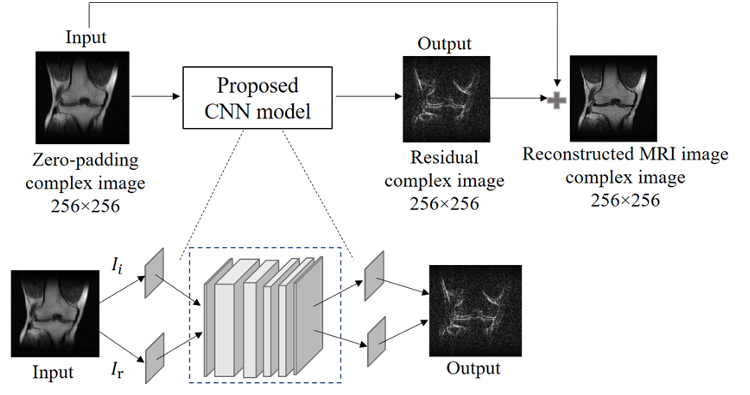
Early Nasopharyngeal Cancer (NPC) Detection
The early NPC screening test uses next-generation sequencing (NGS) technology to detect the presence of NPC-associated plasma Epstein-Barr virus (EBV) DNA. NPC patients can be identified at earlier stages, potentially resulting in improvement of morbidity and mortality.
The incidence of NPC is particularly high in southern parts of China, especially in Guandong, Guangxi and Hong Kong. Some early symptoms of NPC are non-specific - thus delaying medical consultations. 80% of the patients have advanced-stage disease already at diagnosis, where options of treatment can be limited.
- Applying NGS technology to detect the characteristics of NPC-associated EBV DNA in plasma
- Data analysis using bioinformatics algorithms
- Through a 20,000-person NPC screening study, the test was demonstrated to identify asymptomatic patients with early-stage NPC.
- The test is non-invasive and requires only one blood draw.
- NGS technology provides an advantage over conventional testing methods: the sensitivity is greater than 97% with lower chances of false positive.
- Asymptomatic NPC patients with early-stage disease can be identified.
- One of the most notable articles of 2017 by The New England Journal of Medicine (NEJM)
- Annual Achievement Award from the Chinese Society of Clinical Oncology (CSCO) in 2018
- Liquid Biopsy for Early NPC Detection
Founded in 1963, The Chinese University of Hong Kong (CUHK) is a forward-looking comprehensive research university with a global vision and a mission to combine tradition with modernity, and to bring together China and the West. CUHK teachers and students hail from all around the world. Four Nobel laureates are associated with the university, and it is the only tertiary institution in Hong Kong with recipients of the Nobel Prize, Turing Award, Fields Medal and Veblen Prize sitting as faculty in residence. CUHK graduates are connected worldwide through an extensive alumni network. CUHK undertakes a wide range of research programmes in many subject areas, and strives to provide scope for all academic staff to undertake consultancy and collaborative projects with industry.
